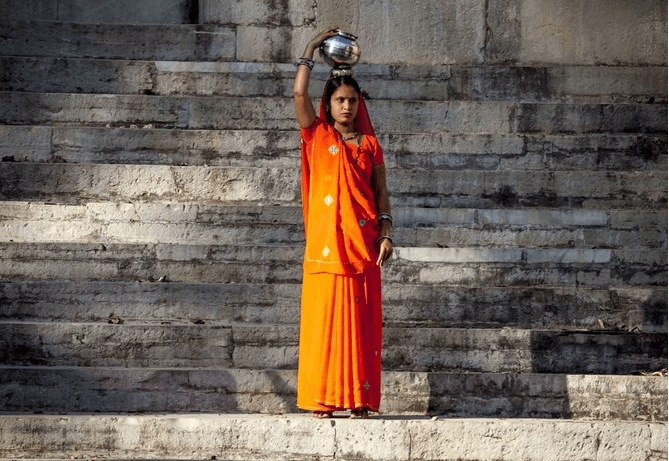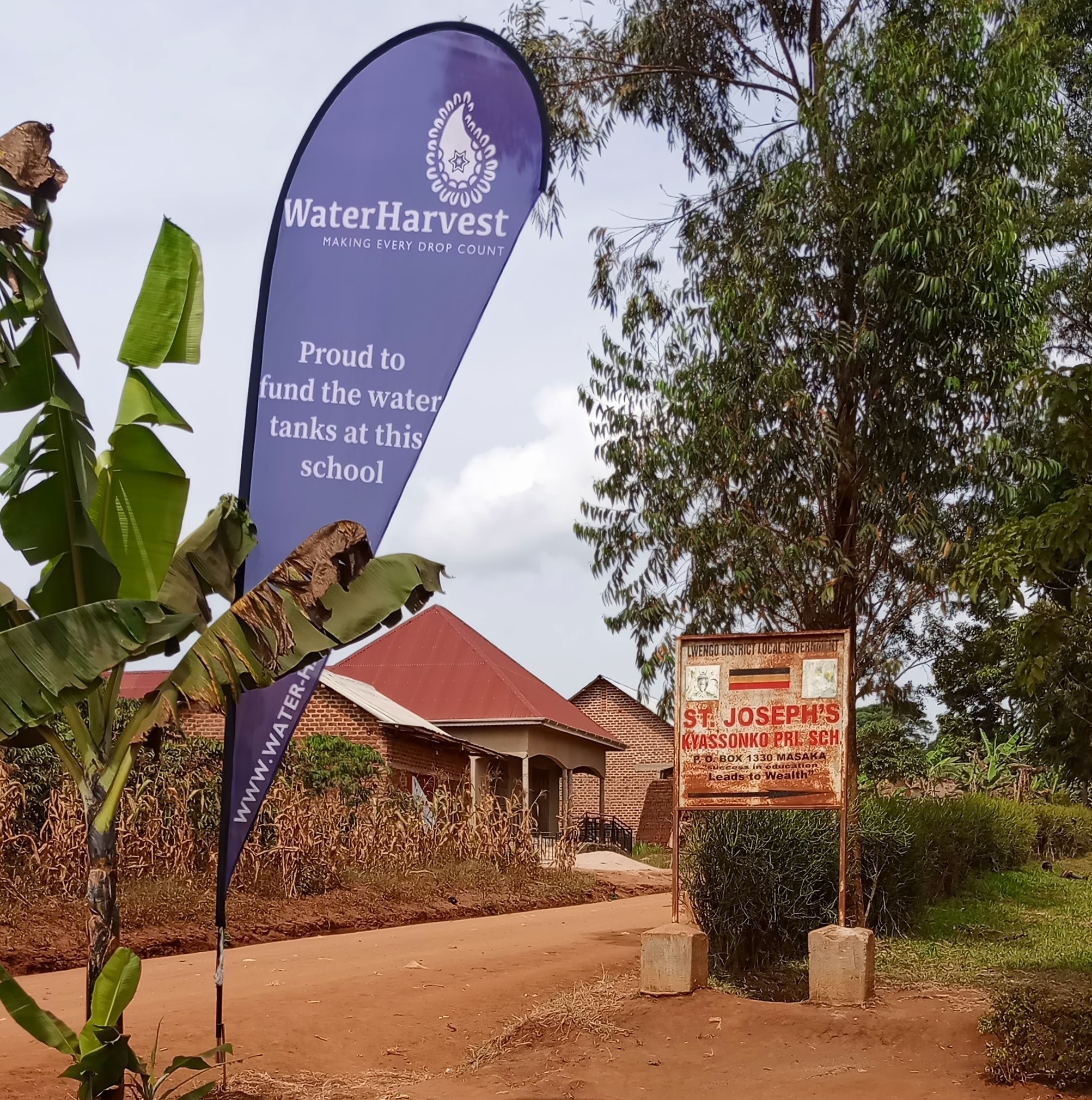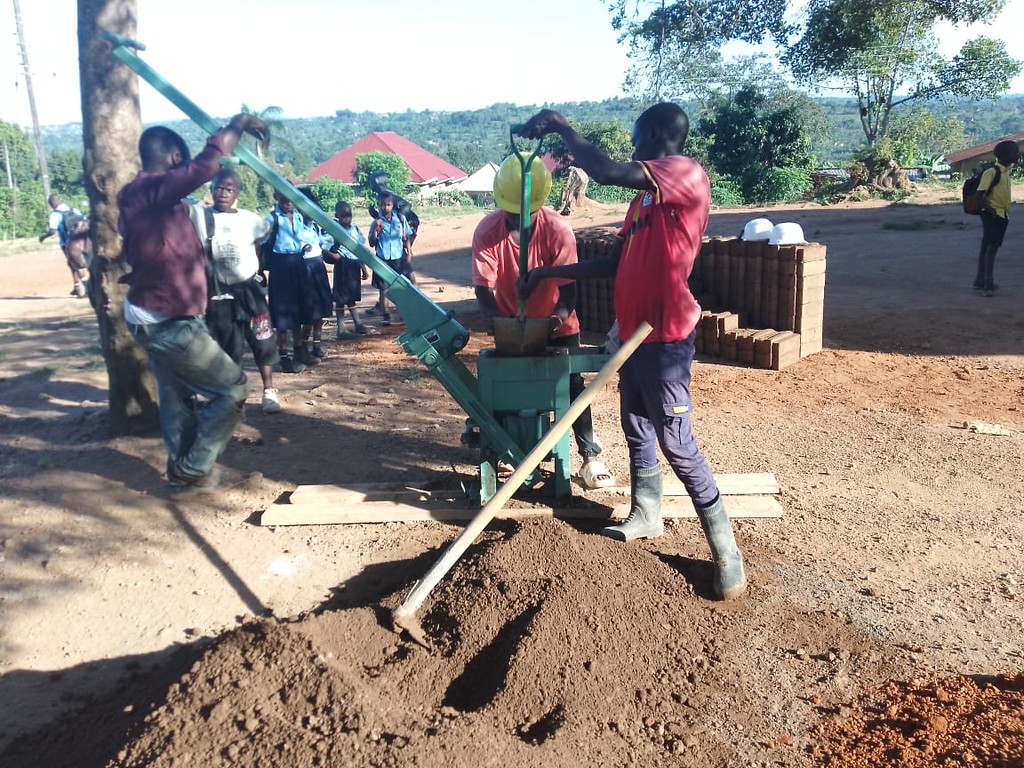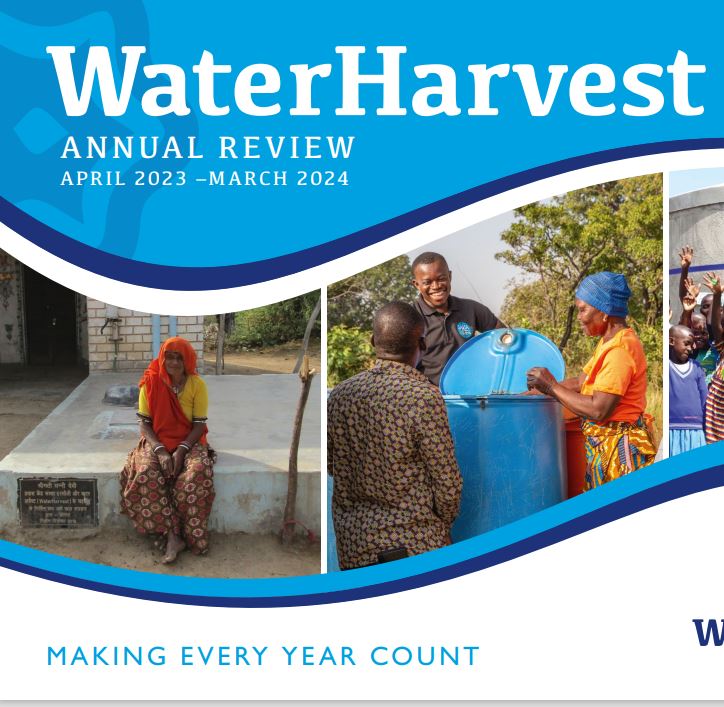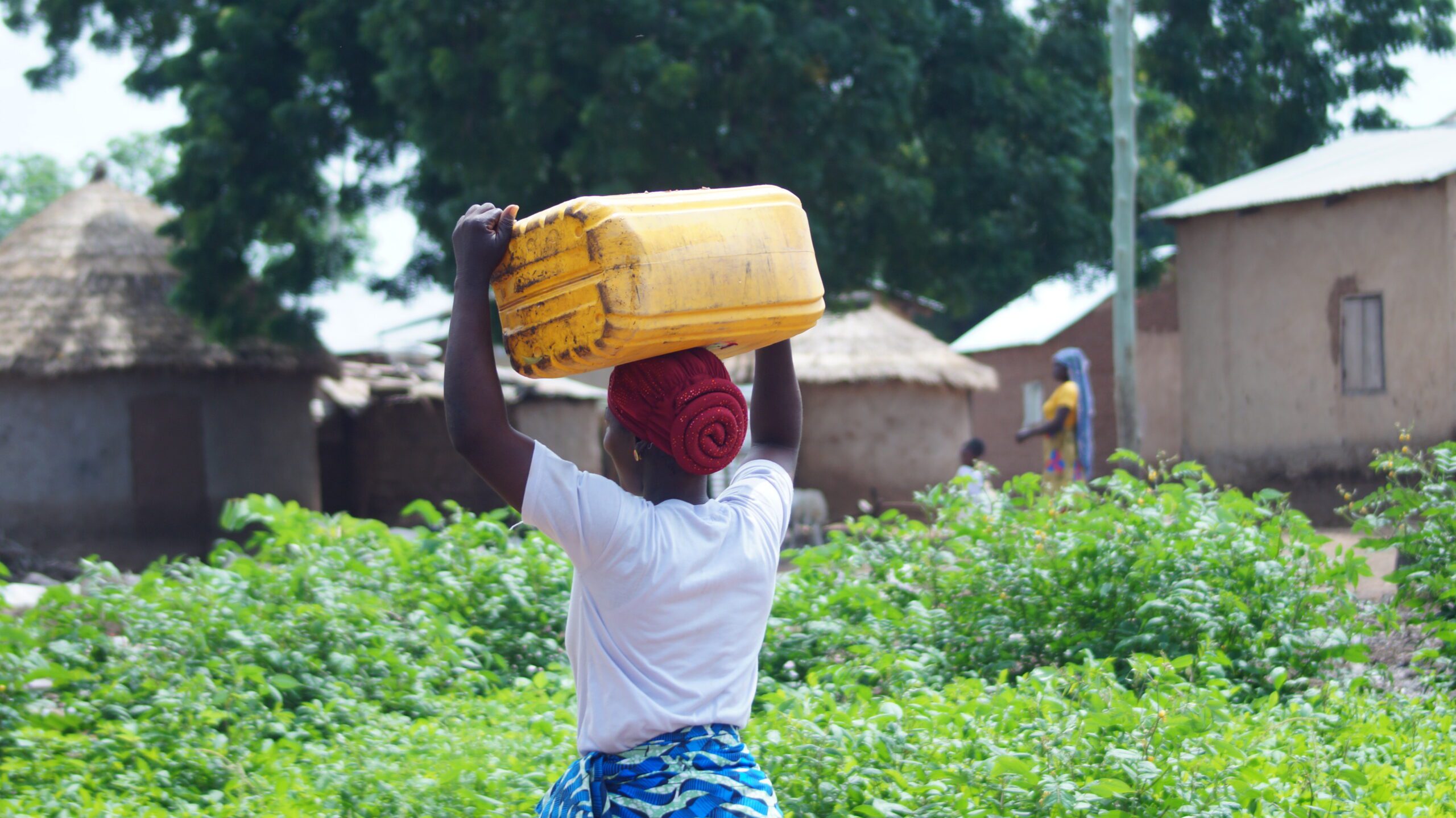February 2018
The availability and accessibility of sustainable water in the Kutch district of Gujarat has been a pertinent issue for decades. Due to the arid and semi-arid nature of these rural communities, water scarcity is now seen as a permanent problem. Within the Kutch District, the Rapar block in particular suffers; the block is dry, saline and considered one of the most arid zones in India. The weather conditions in the Rapar block are also extreme, soaring temperatures of 47°C are recorded in the summer, yet descend to low temperatures of 6-7°C in the winter. In such an unpredictable climate, relying on water bodies that are refilled each year by the increasingly unreliable monsoon is not sustainable for those within marginalised communities.
 Last year we began a new partnership with Samerth Trust to collaboratively tackle these water security issues, beginning our first ever project in Gujarat. Together we aim to improve the conditions for those within this perennially water scarce area, providing these rural communities with access to safe and sustainable water supplies. To achieve this, our project sets out to construct 73 Roof Rainwater Harvesting Structures (RRWHS) in Dholavira village in two schools and for households. These systems harvest rain water from the roofs of buildings, collecting the water in tanks for year-round use by local communities. Once all 73 RRWHSs have been completed, approximately 1.4 million litres of water per year can be harvested, benefiting over 450 people.
Last year we began a new partnership with Samerth Trust to collaboratively tackle these water security issues, beginning our first ever project in Gujarat. Together we aim to improve the conditions for those within this perennially water scarce area, providing these rural communities with access to safe and sustainable water supplies. To achieve this, our project sets out to construct 73 Roof Rainwater Harvesting Structures (RRWHS) in Dholavira village in two schools and for households. These systems harvest rain water from the roofs of buildings, collecting the water in tanks for year-round use by local communities. Once all 73 RRWHSs have been completed, approximately 1.4 million litres of water per year can be harvested, benefiting over 450 people.
The project also aims to revive traditional water structures such as wells and step wells to combat the water shortages. Reviving 6 wells and 2 steps wells in the villages of Vrajvani, Palasva and Adesar, approximately 4028 families will gain access to 12 months of drinking water. The revival of these wells will not only ensure greater access to water for local communities, but the restoration has historical significance too. The step well Phool ko Vav, Adesar village, is over 500 years old, whilst the step wells of Palasva are worshipped by local communities.

